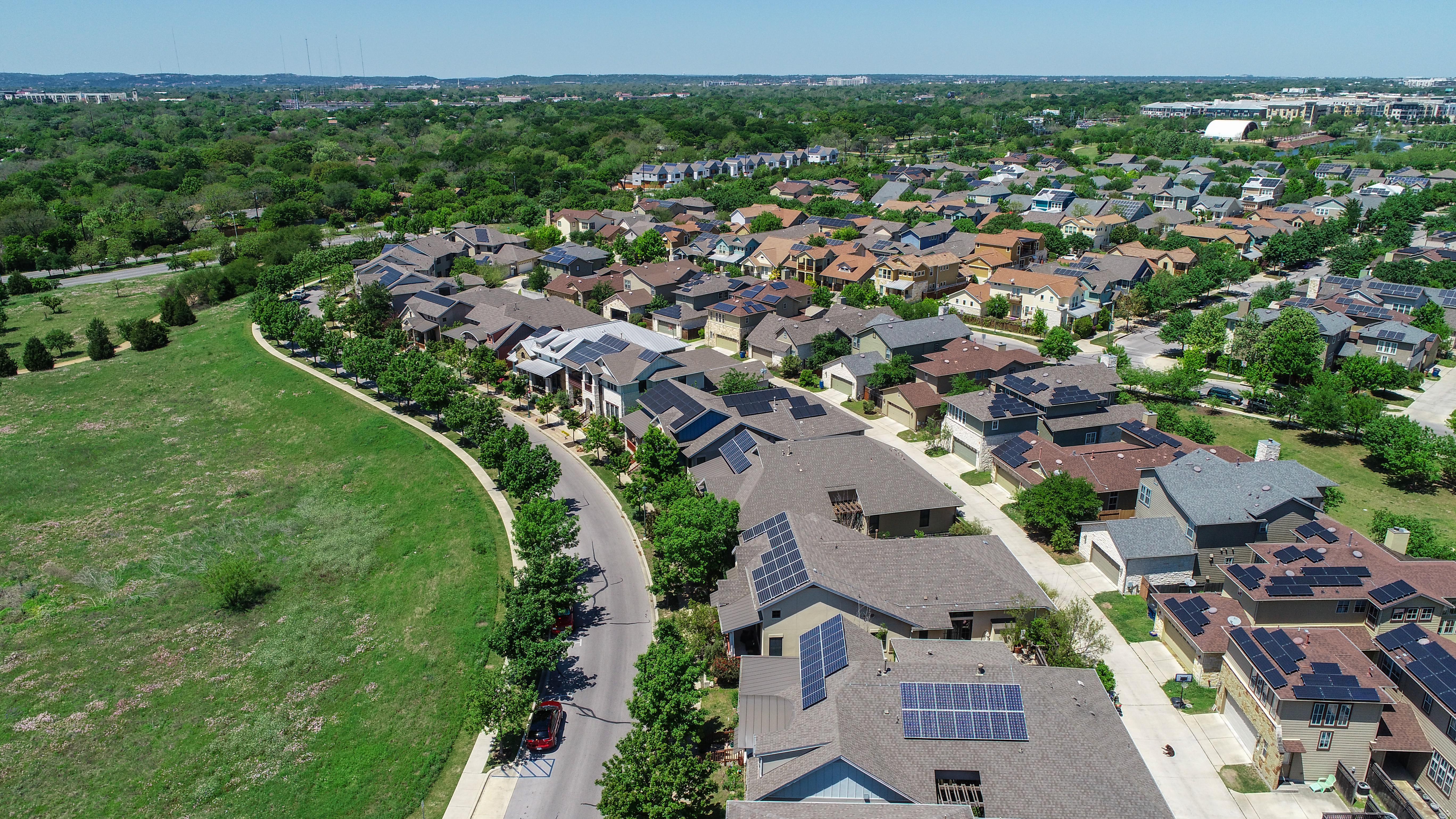Making Sense of Solar Energy Incentives

Making Sense of Solar Energy Incentives
Going solar is great for your well-being—and that of the environment. It makes the air you breathe cleaner and shifts your home towards a sustainable future that isn't reliant on polluting fossil fuel power from the grid. What you might not know is that it can also be a fruitful little side hustle, slashing your energy bills and even earning you a small profit.
There are several solar energy incentives available to homeowners who install their own system both at the federal and state level, and it can easily get overwhelming. Here's a look at some of the main financial incentives with residential solar to tap into, and how they work.
Solar Investment Tax Credit
This is the last year you can take full advantage of this credit. A federal government tax credit known as the Investment Tax Credit or ITC, this solar inventive allows you to deduct a chunk of the costs of your solar energy system from your personal tax bill and 2019 is the last year you can receive the full 30 percent.
Next year, you will only be able to deduct 26 percent of the costs from your tax bill, followed by 22 percent in 2021. From 2022, it will only be available for commercial solar installations. You can claim the credit when you file your annual tax return and if your tax liability isn't high enough to claim the entire credit in one year, you can roll it over into future years.
Net Energy Metering
The amount of electricity your solar energy system produces varies throughout the year and time of day. Net metering is a great way to ensure none of your precious clean power goes to waste. Under net metering, any surplus electricity your system produces is fed back into the grid and when your system doesn't produce enough, you can draw from the grid.
In months when you generate excess power, your utility company will award credits that show on your bill. In times when your panels are under-producing, you can tap into these credits. While it's a common incentive, net metering isn't available everywhere. You can check what's on offer in your state by simply inputting your location in the 'Database of State Incentives' to see a full list of incentives in your area.
Solar Renewable Energy Certificates
Otherwise known as SRECs, these allow you to sell your solar power in a similar fashion to trading on a stock market. The system is underpinned by Renewable Portfolio Standards (RPS) or state-level clean energy goals that require utilities to source a portion of their electricity from clean sources every year.
For every 1,000 kilowatt-hours of electricity your system produces, you’ll earn one SREC, which you can sell to your utility. SREC prices really vary since they are driven by demand, but they can be worth as much as $300 each. This means that the average residential solar installation in the U.S. could generate around five SRECs a year, earning a homeowner as much as $1,500. Not a bad side earner!
Solar Tax Exemptions
Some states offer property and sales tax exemptions for residential solar panel systems. A property tax exemption allows you to waive any added value your solar panels add to the value of your property for tax purposes. This means that if the value of your home increases because of your solar energy system, you’ll be taxed as if they weren’t there.
Sales tax exemptions are another incentive offered by some states. A sales tax exemption is great for knocking down the upfront costs of installing your solar panel system and it may cover all or part of the system and its installation costs.
Finally, it's important to remember that these incentives are only available to homeowners who fully own their solar energy systems. If you're keen to explore additional incentives your state might offer then check-out this comprehensive state-by-state guide and be sure to speak with your installer before going ahead.
![]()












